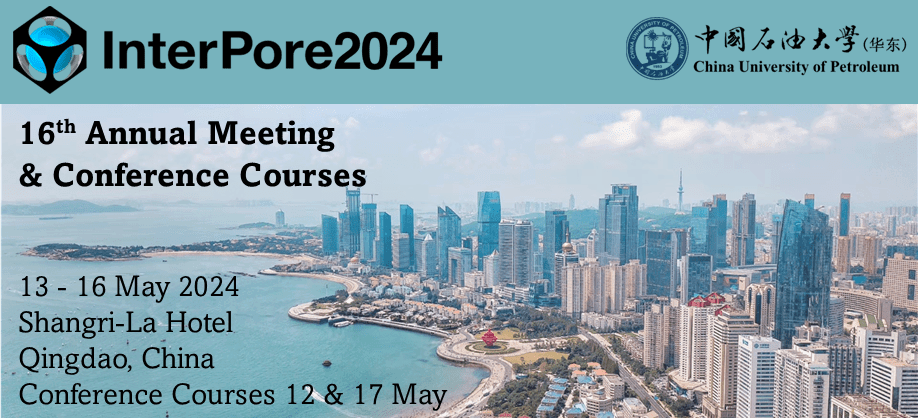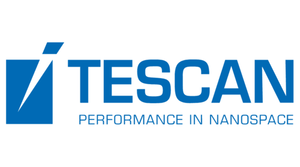Speaker
Description
Evaporation and salt precipitation in Carbon Capture and Storage (CCS) processes in porous media requires further developments of the current tools and models. OpenFOAM, an open-source computational fluid dynamics (CFD) platform, offers a versatile environment for modelling complex fluid flow phenomena using its C++ object-oriented architecture. Various packages are available for simulating fluid flow in porous media using OpenFOAM. Despite the availability of these packages, the advancements in this area remain relatively under-developed. Further research efforts are needed to develop and refine current models, pushing the boundaries in this field. The OpenFOAM literature lacks a model that accounts for multicomponent interactions of multiphase flow systems (known as compositional modelling) at the Darcy scale. This work addresses this existing gap by introducing a new model in OpenFOAM aimed at the interaction between CO2 and H2O components in CO2 storage processes in aquifers; specifically, CO2 dissolution in water and water evaporation in CO2. The model, named compositionalIGFoam, extends the impesFoam solver of the porousMultiphaseFoam package [1] to incorporate a compositional solver that accounts for these phenomena.
In a Black Oil model such as impesFoam, the fluid phases are treated as two separate interfaces where the pressure and saturation equations are solved simultaneously. The word IMPES stands for Implicit Pressure Explicit Saturation where the pressure equation is solved implicitly at the current timestep, and the saturation equation is solved explicitly at the previous timestep to deal with the coupling of these two parameters. In a compositional model, the gas and liquid phases interact with each other through mass transfer. In this study, in order to solve for a compositional model, a two-phase (gas-liquid) binary component (CO2 – H2O) system is considered which means that two other species transport equations in the gas and liquid phases are added to the impesFoam solver and solved. Solving for one component would suffice as the other component can be calculated from that component. Additionally, the gas and liquid components are in equilibrium, and this is reflected in the form of Henry’s law for the CO2 component, as the liquid will be a dilute solution. The model is further developed by considering an ideal behaviour.
Validation of the compositionalIGFoam solver was performed against existing examples, demonstrating its capability to reproduce the results while offering improvements in solution quality. Additionally, the model was applied to simulate gas injection into a water-filled core model, mimicking CO2 injection into aquifers and the results were compared against GEM CMG commercial compositional simulator. The results showed phenomenal agreement with GEM CMG model with only 1.8% and 0.4% error for both components, confirming the accuracy and reliability of the developed model.
In summary, this work contributes to advancing the state-of-the-art in porous media for modelling gas-liquid / fluid-rock interactions, species transport and phase equilibrium with OpenFOAM, offering a valuable tool for studying subsurface environments, particularly in the context of CCS and H2 storage processes, oil and gas reservoir engineering, and geothermal energies.
| References | [1] Horgue P, Soulaine C, Franc J, Guibert R, Debenest G. An open-source toolbox for multiphase flow in porous media. Comput Phys Commun 2015;187:217–26. https://doi.org/10.1016/j.cpc.2014.10.005 |
|---|---|
| Country | United Kingdom |
| Conference Proceedings | I am not interested in having my paper published in the proceedings |
| Porous Media & Biology Focused Abstracts | This abstract is related to Porous Media & Biology |
| Student Awards | I would like to submit this presentation into both awards |
| Acceptance of the Terms & Conditions | Click here to agree |




.jpg)
